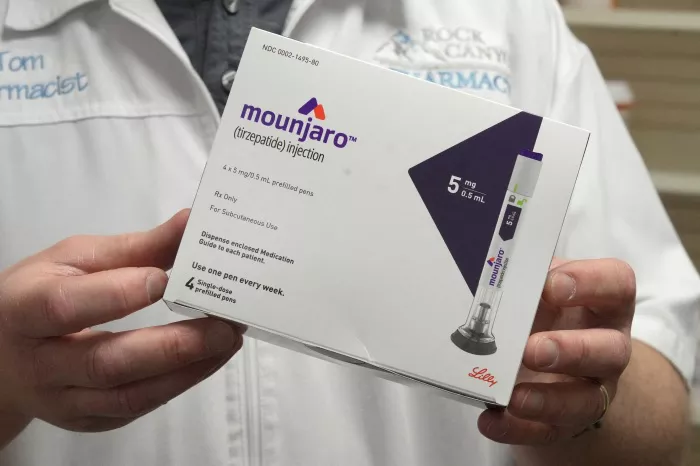Allergies are a common problem that affects millions of people worldwide. While some people may experience severe allergic reactions, many people only experience mild allergy symptoms. In this article, we will explore what mild allergy symptoms are, what causes them, and how they can be treated.
What are Mild Allergy Symptoms?
Mild allergy symptoms are symptoms that are typically not life-threatening and do not require emergency medical attention. These symptoms can include:
Sneezing
Runny or stuffy nose
Itchy or watery eyes
Scratchy or sore throat
Mild cough
Mild skin rash or hives
Mild stomach upset or diarrhea
While these symptoms may be uncomfortable, they are usually not serious and can be managed with over the counter medications.
What Causes Mild Allergy Symptoms?
Mild allergy symptoms are caused by an allergic reaction to an allergen. Allergens are substances that can trigger an allergic reaction in some people. Common allergens include:
Pollen
Dust mites
Pet dander
Mold spores
Insect bites or stings
Certain foods, such as peanuts or shellfish
When the body comes into contact with an allergen, it releases histamine, a chemical that causes inflammation and irritation in the body. This inflammation and irritation can lead to mild allergy symptoms.
How are Mild Allergy Symptoms Treated?
Mild allergy symptoms can be treated with over the counter medications, such as antihistamines, decongestants, and nasal sprays. These medications work by reducing inflammation and irritation in the body, which can help alleviate symptoms.
Antihistamines are a common type of medication used to treat mild allergy symptoms. They work by blocking the effects of histamine, which can help reduce symptoms such as sneezing, runny nose, and itchy eyes. Some common antihistamines include loratadine (Claritin), cetirizine (Zyrtec), and fexofenadine (Allegra).
Decongestants are another type of medication that can be used to treat mild allergy symptoms. They work by narrowing the blood vessels in the nasal passages, which can help reduce swelling and congestion. Some common decongestants include pseudoephedrine (Sudafed) and phenylephrine (Sudafed PE).
Nasal sprays are another option for treating mild allergy symptoms. Nasal sprays work by reducing inflammation in the nasal passages, which can help alleviate symptoms such as congestion and runny nose. Some common nasal sprays include fluticasone (Flonase), mometasone (Nasonex), and triamcinolone (Nasacort).
It is important to talk to a healthcare provider before starting any new medication to ensure that it is safe and effective for you.
Preventing Mild Allergy Symptoms
While it may not be possible to completely prevent mild allergy symptoms, there are several steps you can take to reduce your risk of experiencing them. These steps include:
Avoiding allergens: If you know that you are allergic to a certain substance, such as pollen or pet dander, try to avoid it as much as possible.
Keeping your home clean: Regularly cleaning your home can help reduce the amount of allergens in the air.
Using air filters: Air filters can help remove allergens from the air, which can help reduce symptoms.
Taking allergy medication: Taking allergy medication regularly can help prevent symptoms from occurring.
Getting allergy shots: Allergy shots, also known as immunotherapy, can help desensitize the body to allergens over time, which can help reduce symptoms.
When to Seek Medical Attention
While mild allergy symptoms are usually not serious, there are some situations where medical attention may be necessary. You should seek medical attention if:
You experience severe or worsening symptoms, such as difficulty breathing or swelling of the face, lips, or tongue.
You have a history of severe allergic reactions, such as anaphylaxis.
Your symptoms are interfering with your daily activities or quality of life.
Your symptoms are not responding to over the counter medications.
In conclusion, mild allergy symptoms are a common problem that can be managed with over the counter medications. These symptoms are caused by an allergic reaction to an allergen and can include sneezing, runny nose, itchy or watery eyes, scratchy or sore throat, mild cough, mild skin rash or hives, and mild stomach upset or diarrhea. It is important to talk to a healthcare provider before starting any new medication to ensure that it is safe and effective for you. With the right treatment and prevention strategies, you can manage your mild allergy symptoms and enjoy a better quality of life.
[inline_related_posts title=”You Might Be Interested In” title_align=”left” style=”list” number=”6″ align=”none” ids=”4788,4690,4659″ by=”categories” orderby=”rand” order=”DESC” hide_thumb=”no” thumb_right=”no” views=”no” date=”yes” grid_columns=”2″ post_type=”” tax=””]
































